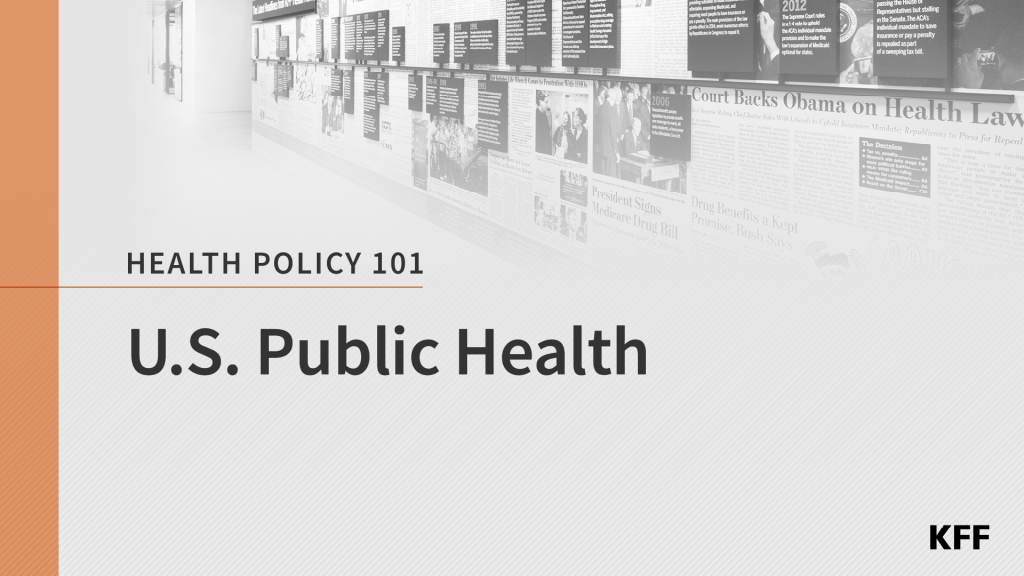KFF Tracking Poll on Health Information and Trust: January 2025
As Senate hearings begin for President Trump’s health nominees, including Robert F. Kennedy Jr., the latest KFF Tracking Poll on Health Information and Trust shows a decline in public trust for government health agencies like the CDC, FDA, and local public health officials. The poll reveals growing skepticism about vaccines and school vaccine requirements, especially among Republicans and parents, while misinformation about vaccine safety persists. Despite low concern about the H5N1 bird flu, the U.S. public is divided on how prepared they believe the government is for future health crises or pandemic.
